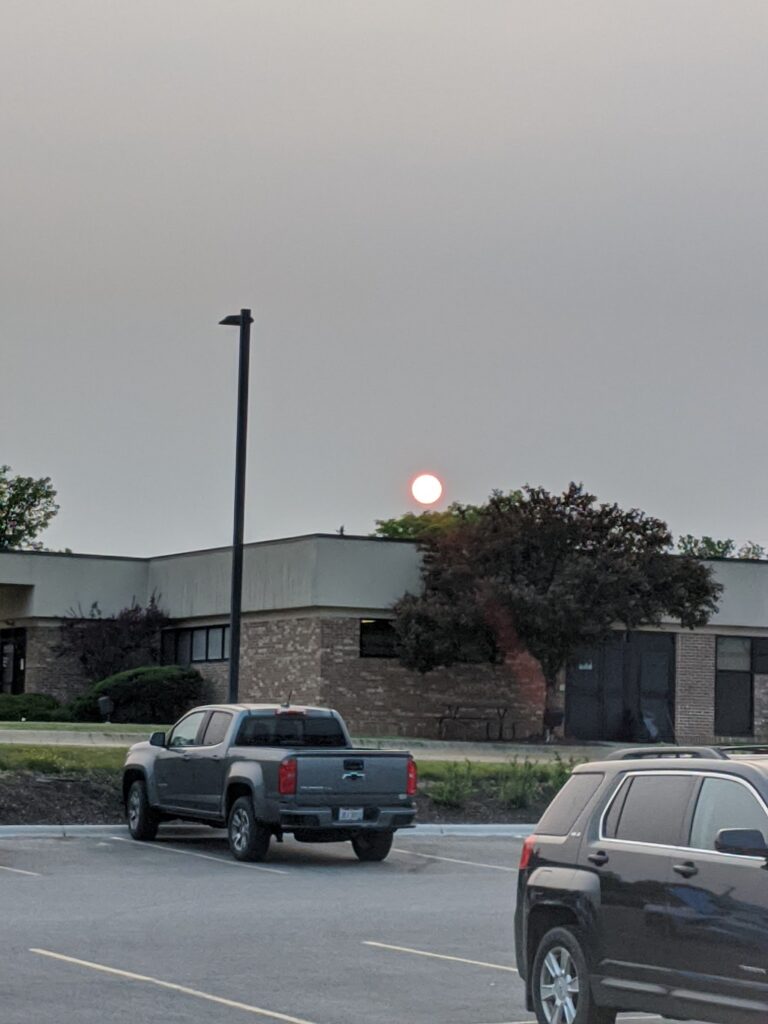I’m not sure how political discourse has any point if everyone maintains their own facts to support their preconceived conclusion. How can you fix a problem when you cannot even agree what the problem is? The power outage in Texas is a prime example. Someone got on Hannity and spouted off about how it’s all the windmill’s fault. Because, evidently, windmills are awful? Froze up and just stopped producing power.
But wind turbines absolutely work in freezing temperatures. See, for instance, Alaska — https://windexchange.energy.gov/states/ak — where it does occasionally get cold. The difference is that they spend more on the installation and winterize the windmills. It’s not *wind turbines* that have a problem, it’s *unwinterized* wind turbines that end up in freezing weather. Same is true of cars (you may need what amounts to an electric blanket for the engine to get a diesel vehicle running in cold weather, and the fuel can still jell at very low temperatures). And people — going outside in a coat, scarf, hat, boots, and women’s gloves seemed like being appropriately dressed for the weather, but I was invariably super cold and hated going outside in winter. Found out that normal women’s gloves don’t have insulation in the fingers (because it is, evidently, more important that my fingers look svelte than that my fingers aren’t nearing frostbite stage) and bought ski gloves. Traded the hat and scarf for a balaclava. Traded the coat for insulated overalls with a coat. Traded cute winter boots for waterproof Mucks. Winter is an awesome time to head outside now. It’s bulky attire, but I’m warm. Sometimes, when we’re shoveling snow in just-below-freezing temps, I’m too warm.
Other production sources shut down because they were inadequately winterized too — natural gas pipelines were blocked with ice, frozen coal piles made it difficult to keep coal plants online, solar installations were covered in snow, frozen pumps limited water to nuclear cooling towers … basically every form of electrical generation experienced limited production in the cold weather.
The benefit of spending more money on a precaution you use once a decade is certainly a valid debate — but the consequence of that decision need to be anticipated, to be accepted … and the problem needs to be communicated accurately. If it would have cost a billion dollars over the past decade (essentially the span since the “last time this happened”) to maintain winterized generation and delivery facilities … we opted to save a billion dollars with the current situation as the trade-off. Voters don’t like that? They can vote for someone who will demand winterization. Voters prefer saving the money, vote for the current people. Sucks for the 49% who vote the other way … but that’s democracy.
But that doesn’t work when individuals have “facts” to support what they want to believe. The reader poll in my county paper today asked who deserves the most blame for the power failure in Texas. 23% say windmills and green energy. Wind facility shutdowns accounted for less than 13% of the outages. I haven’t seen numbers for reduction in solar generation … but wind production is the one being scapegoated.
It took a few days for reporting to include the fact Texas has its own power grid with smaller interconnects to other grids that aren’t sized to pull enough power to cover this outage. Even now, does much reporting include the fact Texas maintains its own grid to avoid federal regulations that would have required some winterization? That’s not lack of regulation, that’s intentionally designing a system to avoid existing regulations. Poor leadership is too vague to be meaningful — poor leadership at ERCOT failing to take some action in the past week or two that would have magically prevented problems? Poor leadership in intentionally maintaining a loosely connected grid that avoided federal regulations to reduce cost? Those are whole different types of “poor leadership” which may or may not be viable paths to prevent this from happening again in 2031.


